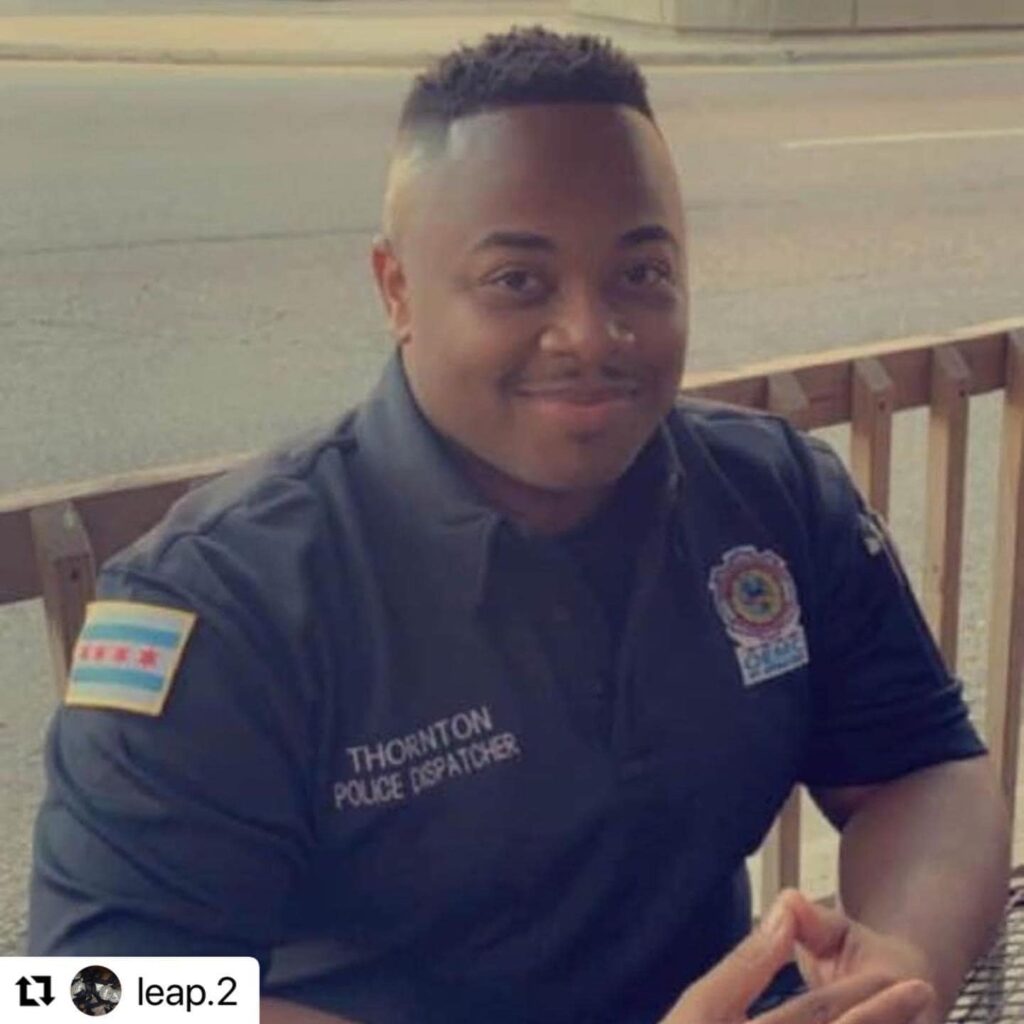When I worked in the 10th District during the late 1970s through the 1980s, we had a dispatcher named Harry. Harry was the best dispatcher on our zone. He had a cheerful disposition and a calm, competent manner. No matter how much chaos there was, he controlled it with his assuring voice.
Harry could handle multiple hot calls, chases, and other incidents without creating havoc. If you look the word multi-tasker up in a dictionary, Harry would be the first definition. There were many dispatchers like Harry, but he stands out because we knew his name.
When Harry was dispatching, he had our backs. He was able to get us whatever we needed ASAP. He rarely asked why, and when he did, it was to make sure he could do the right thing. If there were something severe, Harry would shut down the zone until the issue was resolved. He stayed on the radio with his reassuring voice assisting as if he was there.
Harry, like most dispatchers at the time, was a police officer. He was a cop’s cop. He knew we relied on him, and he never let us down.
I bring up Harry because police officers, the public, and the news media never give dispatchers the credit they deserve. Today, most, if not all, dispatchers are civilians. Chicago police dispatchers are some of the best in the nation. Most cops never meet, let alone know the names of their dispatchers. They are invisible voices on the radio.
During the incident Saturday night that left one police officer murdered and another clinging to life, a dispatcher was one of the heroes. His name is Keith Thornton.

Thornton did a pheromonal job juggling several tasks as the incident unfolded if you listen to the recording. The recording speaks for itself. Thornton took control of the radio zone. He owned it. He showed total focus and concern for “My officers.” His words, “My Officers.”
“That’s the unconscious officer, correct? Is someone in the back with her? Is someone in the back seat with her? Ok, listen to me, take that vest off right now and start compressions, start breathing, whatever you got to do, start it now, while you’re driving, the officer in the back with her, take the vest off and start compressions now. Keep it rolling baby… they know you’re coming in,”
Thronton stayed cool and calm. He gave directions to the officers on the street. Nothing would interfere with him until the officers were at the hospital, the crime scene secured, and everyone was safe.
Police officers rely on their dispatchers for many things, trivial and critical. They are our ears and mouthpieces. When we need things, they can get them and get them fast. They can organize the chaos, keep officers calm, deescalate excited officers, and juggle many balls in an emergency.
Keith Thornton is a hero. The cops that night know it. Hopefully, the brass and the city will recognize his actions on that horrific night. One could only wonder what went through his head when it was all over.
Many officers take the dispatchers for granted until the stuff hits the fan. They may not be on the streets. They do not wear guns. They are sitting behind computer screens with headsets. They are always there when cops need them. They are the cops’ invisible partners. They rarely get the credit they deserve.